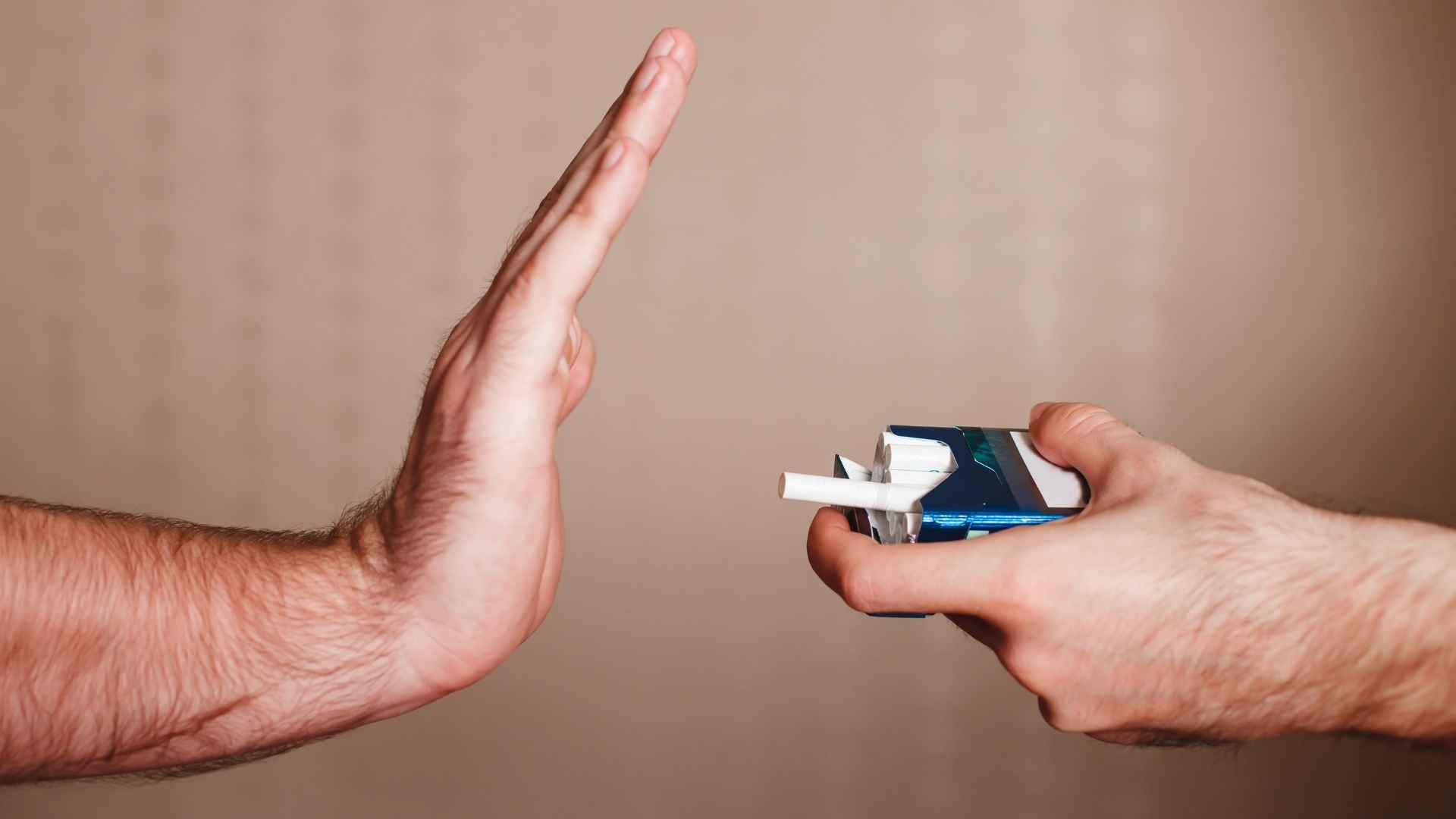How hypnotherapy training can change your life too..
One of our Senior Lecturers, only realised he’d like to train as a clinical hypnotherapist three days before starting his course with David Newton in Bristol. He ended up having his interview the day before the course started. Now that’s what we call last minute! Who’d have thought all these years later, well, over 10 years later, he’d be a supervisor and a senior lecturer with the same organisation.
Students Say it is Life Changing:
Previous students often say that this course is a life-changer. Whilst receiving the training on how the brain works, it not only has a life-changing effect for their case study participants, but also for the students themselves. As they apply what they learn to their own lives they tell us about the positive effects this has, for instance:
They tell us about how:
- they’re sleeping better;
- they’re dealing with everyday life in a better way;
- they’ve taken COVID in their stride much more so than they would have done previously;
- they’re loving helping people and getting the positive feedback as a result.
- And more… a lot more!
Even after they graduate, we still receive updates from them. Many of them become our supervisees. This means we stay in very regular contact as we continue to support them as they build their businesses.
We like to see them develop their careers and they’ve started well. Having studied on a very strong course that covers a multitude of areas. Just taking the symptomology we teach them to work is extensive, such as:
Anxiety, depression, addictions, anger, blood pressure, blushing, lack of confidence, insomnia, IBS, smoking cessation, relationship difficulties, migraines, nail biting, nightmares, obsessions (OCD), panic attacks, skin disorders, pain management, weight loss, and a lot more!
Our Success is Widespread:
In fact, at the time of writing this, there are 27 schools across the UK. Therefore, we have an infrastructure that is robust and supports our graduates with not only supervision once they finish their HPD course, but Continuing Professional Development training (CPD).
The HPD course teaches students pretty much everything they need to know for a successful career as a Hypnotherapist. Our CPD’s help graduates refresh, revise and deepen their skills and knowledge. The CPD programme helps keep them fresh and motivated whilst broadening their knowledge in areas such as IBS, Childbirth, PTSD, etc. Knowledge that allows them to talk with more confidence, such as why someone is more likely to suffer from IBS.
And who knows, just like us, they could become future hypnotherapy supervisors or lecturers – you just don’t know where looking through our website could lead you to!
Why Not You?
If you want a very rewarding career, then have a look through our website at the course content, the course dates and the fees.

